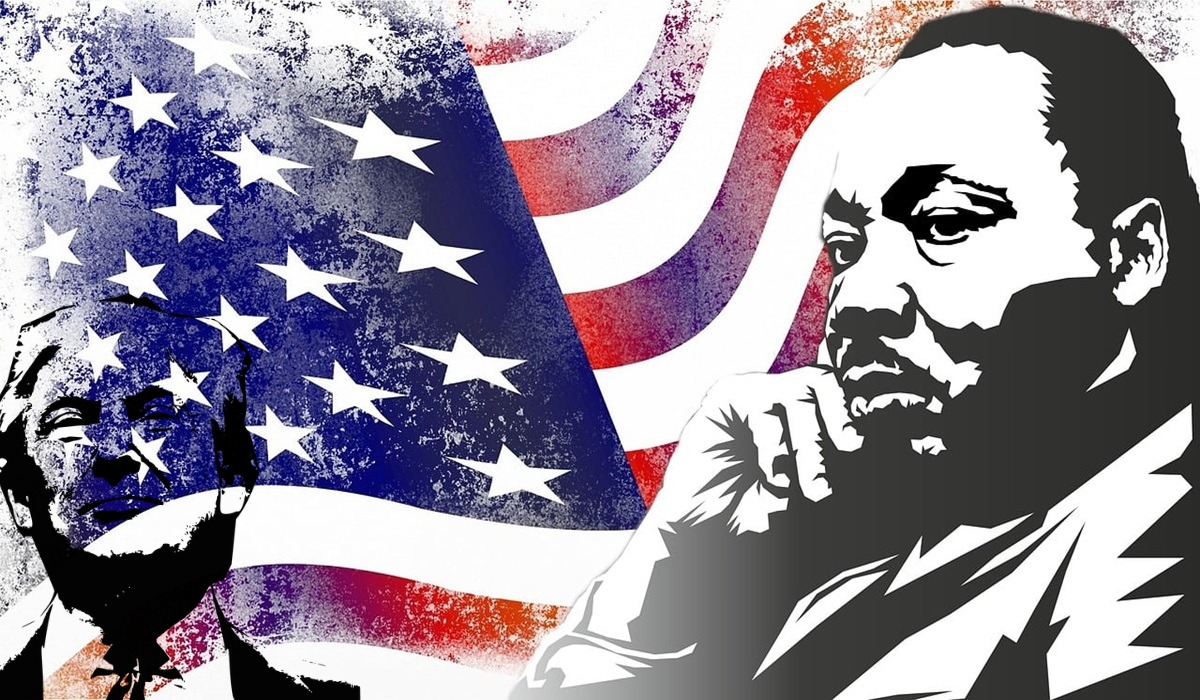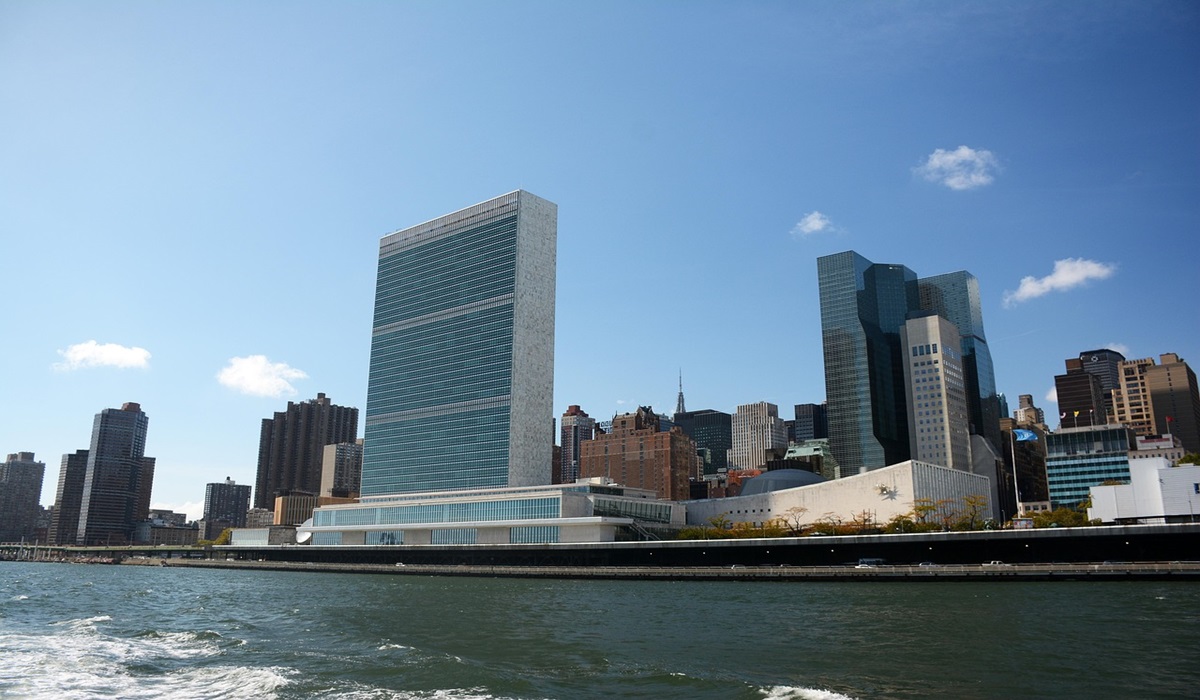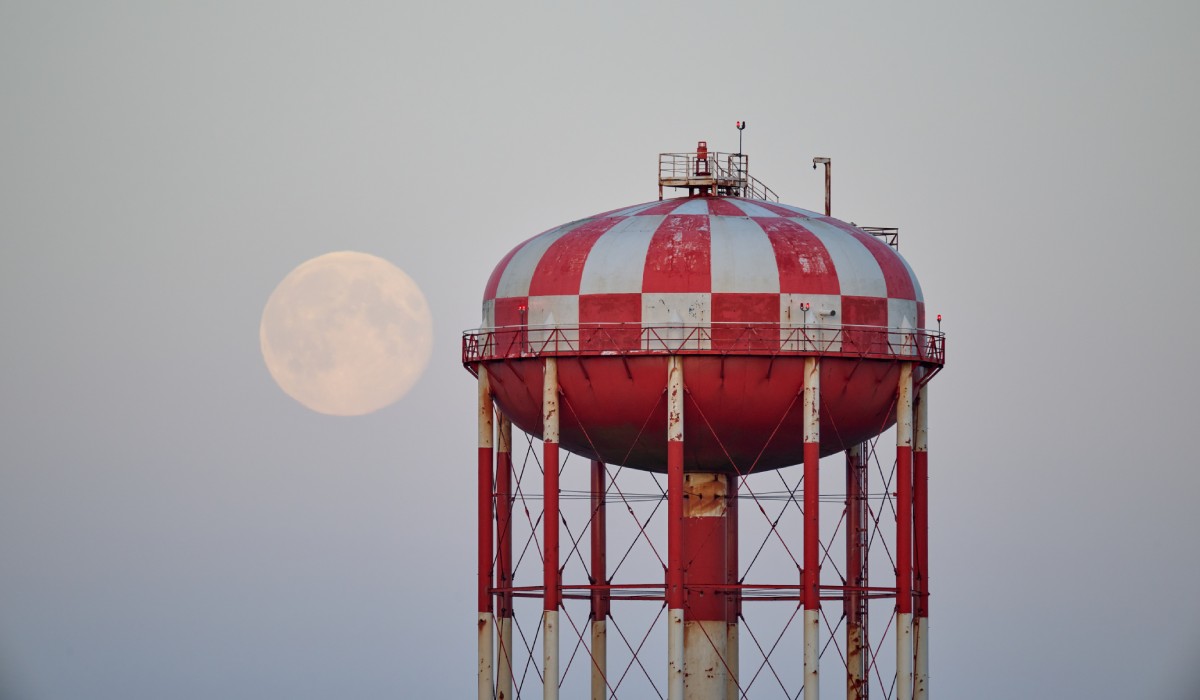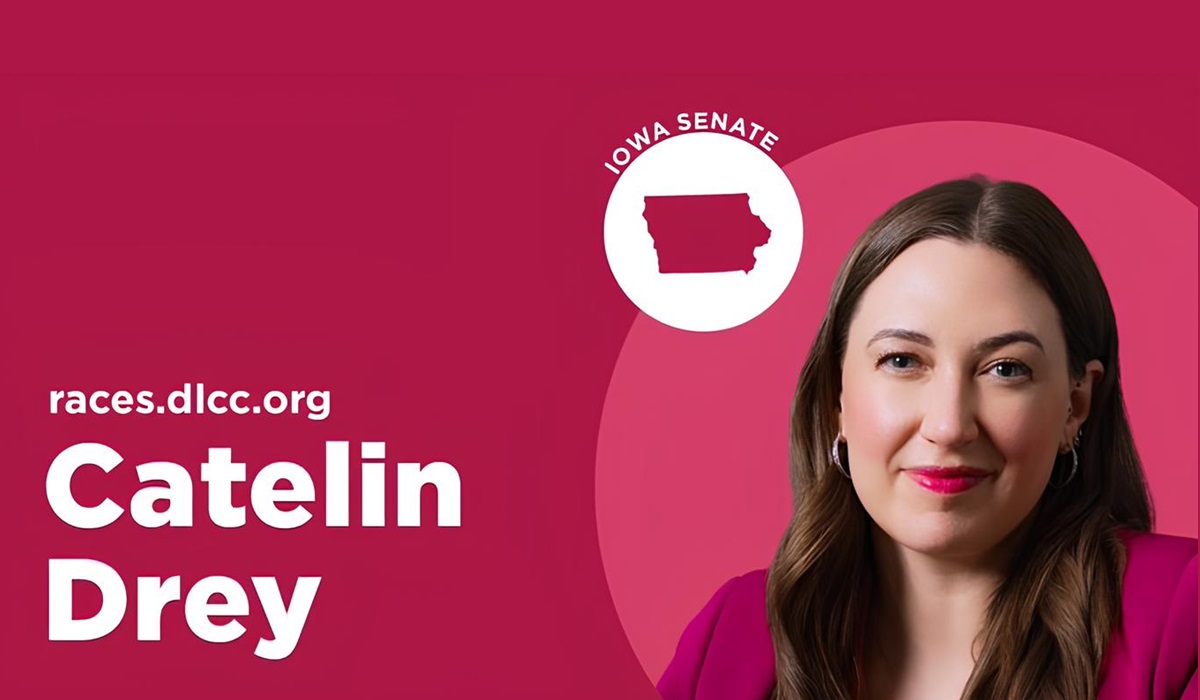Dream vs. Division: The Dichotomy of Trump’s Inauguration on MLK Day
- TDS News
- Trending News
- January 18, 2025

Donald Trump’s upcoming inauguration for his second term as President of the United States, coinciding with Martin Luther King Jr. Day, presents a profound juxtaposition in the nation’s identity and its struggle with unity. The convergence of these two events—one celebrating the legacy of a civil rights icon who dedicated his life to combating racial injustice and the other marking the return of a divisive leader whose tenure has amplified cultural and political schisms—underscores the deep fractures within American society.
For some, the dual observance may serve as a moment of reflection. Martin Luther King Jr. Day is meant to honor a legacy of nonviolence, equality, and the pursuit of justice, while inaugurations symbolize the democratic process and peaceful transitions of power, even amid contentious politics. Ideally, this day could inspire the country to consider how far it has come—and how far it still must go—in achieving the dream King envisioned.
However, the reality will likely highlight the stark divisions that have defined recent years. Many will embrace Martin Luther King Jr. Day with service projects, marches, and educational events, emphasizing the ongoing relevance of his message. Yet, in states and communities where the holiday has been met with resistance or remains unrecognized, this recognition of racial progress might remain absent. For others, Trump’s inauguration may spark celebration, viewed as a vindication of his political ideology and leadership style. Conversely, for his detractors, the day could represent a stark contrast to King’s ideals, a symbol of regression rather than progress.
The dichotomy is unavoidable. On one side are those who view the day as a dual cause for celebration, framing Trump’s second term as a continuation of their vision for America. On the other are those who see the juxtaposition as deeply uncomfortable, a collision of narratives that exposes how far the country remains from achieving King’s dream of a truly equitable society.
Adding to the tension, protests and counter-protests are almost certain, with some groups focusing their efforts on celebrating King’s legacy while others challenge Trump’s presidency. For many Americans, this dichotomy underscores the need for dialogue, understanding, and, perhaps, a reevaluation of the nation’s priorities.
In a country where some reject Martin Luther King Jr. Day due to entrenched racism and others reject Trump’s presidency for its perceived attacks on democratic norms and inclusivity, January 20th will be more than a date on the calendar. It will be a mirror reflecting the complexities of a nation still wrestling with its identity. Whether the day can bridge divides or will merely emphasize them remains to be seen, but it is certain to be a defining moment in the story of modern America.








